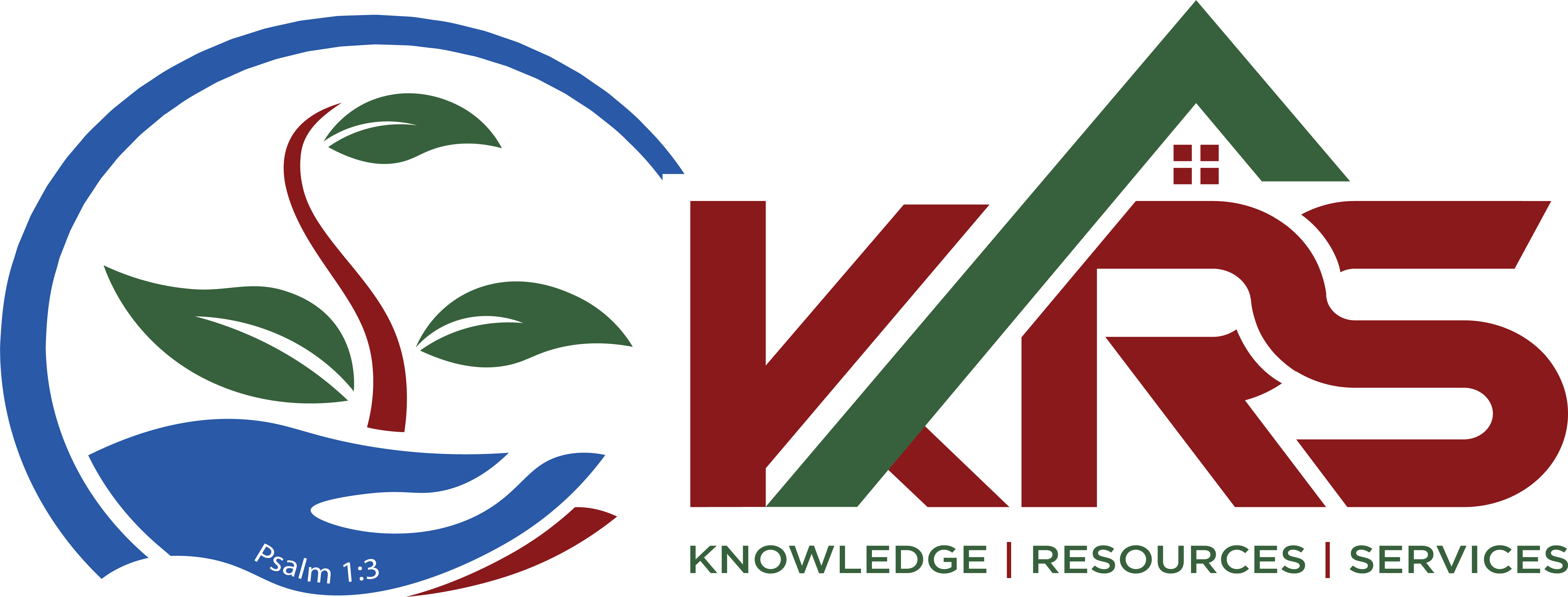
Invoice factoring, also known as accounts receivable factoring or invoice financing, is a financial transaction in which a business sells its accounts receivable (invoices) to a third-party financial company (a factor) at a discount. The factor then advances a portion of the invoice amount to the business, typically around 70% to 90%, and retains the remaining amount as a fee. Once the customer pays the invoice, the factor remits the remaining balance to the business, minus any fees or charges.
An invoice factoring loan, therefore, is not a traditional loan in the traditional sense. Instead, it’s a form of financing where a business receives immediate cash flow by selling its outstanding invoices to a factoring company. This provides the business with immediate access to working capital that can be used for various purposes, such as covering operational expenses, purchasing inventory, or funding growth initiatives.
Here’s how an invoice factoring loan typically works:
- Submission of Invoices: The business submits its unpaid invoices or accounts receivable to the factoring company for evaluation.
- Verification and Approval: The factoring company verifies the validity of the invoices and the creditworthiness of the business’s customers. Once approved, the factoring company determines the advance rate (the percentage of the invoice amount it will advance to the business) and any applicable fees.
- Advance Payment: The factoring company advances a portion of the invoice amount to the business, typically within 24 to 48 hours of approval. The advance rate is typically between 70% to 90% of the invoice value, depending on various factors such as the industry, customer creditworthiness, and the factoring company’s policies.
- Customer Payment: The factoring company collects payments directly from the business’s customers for the outstanding invoices. Once the customer pays the invoice in full, the factoring company remits the remaining balance to the business, minus any fees or charges.
- Fee Structure: The factoring company charges a fee for its services, which typically includes a discount fee (charged as a percentage of the invoice amount) and a service fee (charged as a percentage of the invoice amount or a flat fee).
Invoice factoring can be a valuable financing option for businesses that have outstanding invoices and need immediate cash flow to support their operations. It provides a quick and flexible source of working capital without the need for traditional collateral or a lengthy approval process. However, businesses should carefully evaluate the costs, terms, and impact on customer relationships before engaging in invoice factoring arrangements.
What are the Pros and Cons of an Invoice Factoring Loan?
Invoice factoring, like any financial product, comes with its own set of advantages and disadvantages. Here are some pros and cons of invoice factoring loans:
Pros:
- Improved Cash Flow: Invoice factoring provides immediate access to cash by converting unpaid invoices into working capital. This can help businesses meet their short-term cash flow needs and cover operating expenses, payroll, inventory purchases, and other financial obligations.
- Quick Funding: Invoice factoring offers faster funding compared to traditional bank loans or lines of credit. Once approved, businesses can typically receive funding within 24 to 48 hours, providing timely access to working capital.
- No Additional Debt: Invoice factoring does not create additional debt on the business’s balance sheet since it involves selling existing accounts receivable rather than borrowing money. This can be advantageous for businesses looking to avoid taking on additional liabilities.
- No Collateral Required: Invoice factoring is typically a recourse financing option, meaning it does not require traditional collateral such as real estate or equipment. Instead, the invoices themselves serve as the primary collateral for the transaction.
- Flexible Qualification Criteria: Invoice factoring is accessible to businesses with varying credit profiles, including those with less-than-perfect credit or limited operating history. Approval is based primarily on the creditworthiness of the business’s customers rather than the business itself.
Cons:
- Cost: Invoice factoring fees can be relatively high compared to other forms of financing. Factoring companies charge discount fees (a percentage of the invoice amount) and service fees (a percentage of the invoice amount or a flat fee), which can add up over time and reduce the business’s profitability.
- Customer Relationships: In a recourse factoring arrangement, where the business remains liable if the customer fails to pay the invoice, involving a third-party factor in the collections process may affect customer relationships. Some customers may view invoice factoring as a sign of financial instability or prefer direct invoicing from the business.
- Loss of Control: Once the invoices are sold to the factoring company, the business relinquishes control over the collections process. The factoring company becomes responsible for collecting payments from customers, which may impact the business’s control over its accounts receivable and customer communication.
- Selective Financing: Factoring companies may be selective about the invoices they agree to factor, based on factors such as customer creditworthiness, invoice aging, and industry type. This can limit the availability of funding for certain invoices and may not be suitable for businesses with a high proportion of risky customers.
- Long-Term Cost: While invoice factoring can provide short-term relief for cash flow needs, the long-term cost of factoring fees may be higher compared to other financing options, such as traditional bank loans or lines of credit. Businesses should carefully evaluate the overall cost of factoring against the benefits it provides.
Overall, invoice factoring can be a valuable financing option for businesses seeking immediate cash flow relief, especially those with inconsistent or slow-paying customers. However, businesses should weigh the pros and cons carefully and consider alternative financing options to determine the best fit for their financial needs and long-term goals.
At KRS AGENCY, our mission is to help businesses become the best they can be. To learn more about our comprehensive services, contact us today.


















